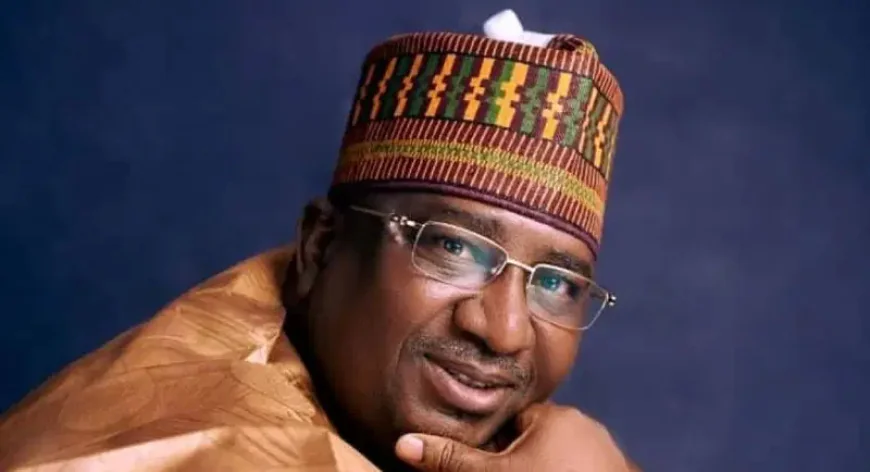Gambia Seeks Rice Self-Sufficiency Through Kebbi Partnership

The Gambian Government is collaborating with Kebbi State, Nigeria, to adopt local agricultural methods with the aim of achieving self-sufficiency in rice production.
A delegation of Gambian farming experts, led by Mr. Alhagie Nyangado, Permanent Secretary at the Gambian Ministry of Agriculture, Livestock, and Food Security, visited Birnin Kebbi on Tuesday, June 17, 2025, for a study tour. The team paid a courtesy call to Governor Nasir Idris at the Government House.
Learning from Kebbi's Agricultural Prowess
Nyangado expressed pride in Nigeria's leadership in combating hunger across Africa, specifically commending Kebbi's impressive irrigation system. He noted that the delegation was highly impressed after touring the rice fields in Kebbi's farms. He believes that adopting Nigeria's agricultural practices could resolve Gambia's significant rice shortage.
Nyangado highlighted that Gambia currently imports 90% of its rice, a staple food consumed daily by most Gambian families. The experts' visit aims to reduce this reliance on imports and boost domestic food production.
Kebbi's Commitment to Agricultural Development
Governor Nasir Idris warmly welcomed the delegation, emphasizing the brotherly relationship and shared goals between Nigeria and Gambia. He highlighted Kebbi's rich agricultural landscape and its status as Nigeria's top rice producer.
Governor Idris noted that other Nigerian states and neighboring countries frequently visit Kebbi to learn about its comprehensive rice farming practices, which cover everything from planting to harvesting and processing.
Idris also detailed the substantial investments made by past and current state administrations in agriculture. Since taking office, his government has provided farmers with free fertilizers, seeds, water pumps, and power tillers, leading to significantly larger harvests.
Strengthening Bilateral Ties Through Food Security
Governor Idris reaffirmed Kebbi's readiness to partner with Gambia, aiming to assist them in becoming self-sufficient in rice production and reducing imports. He believes this collaboration will further strengthen the bonds of brotherhood between the two nations.


